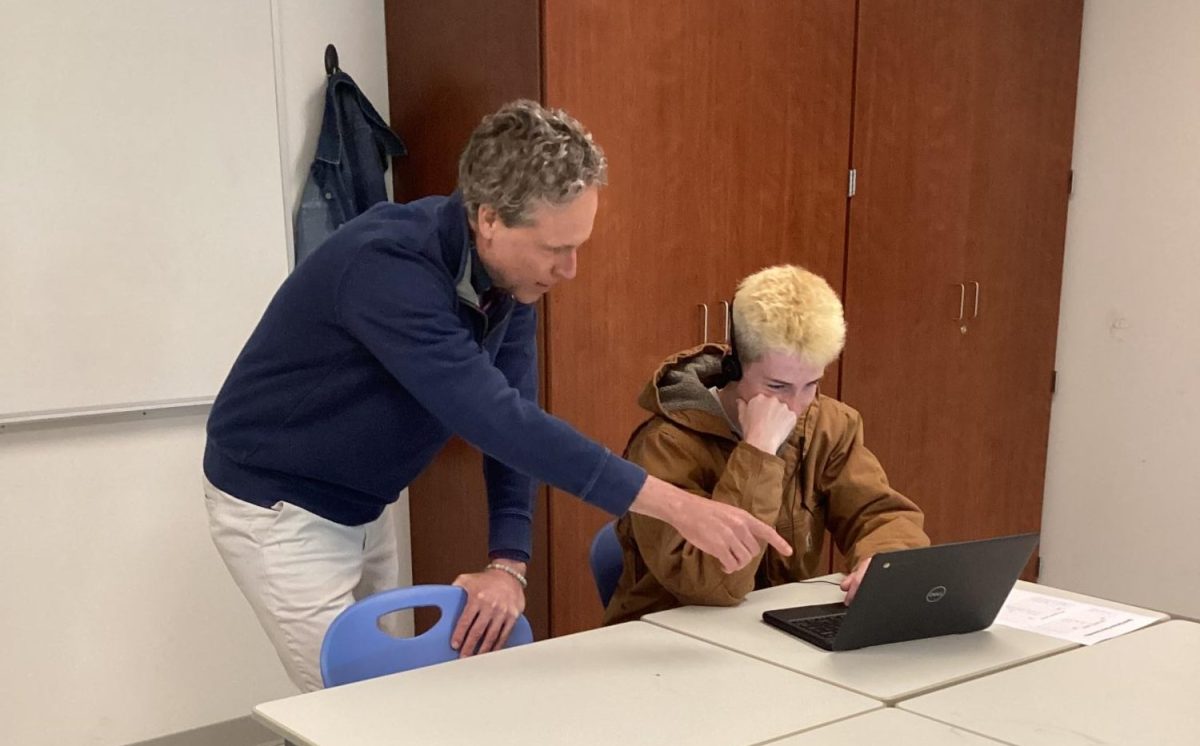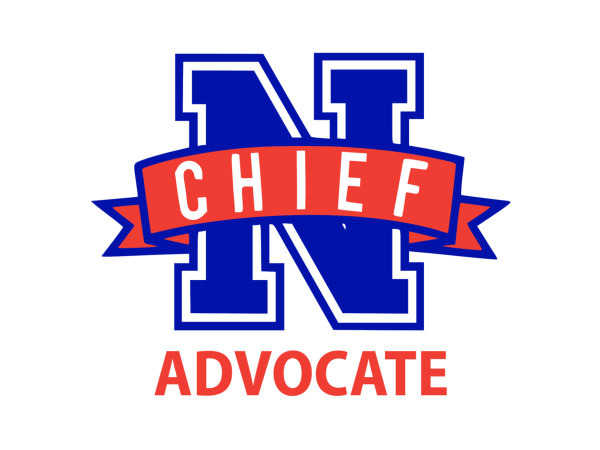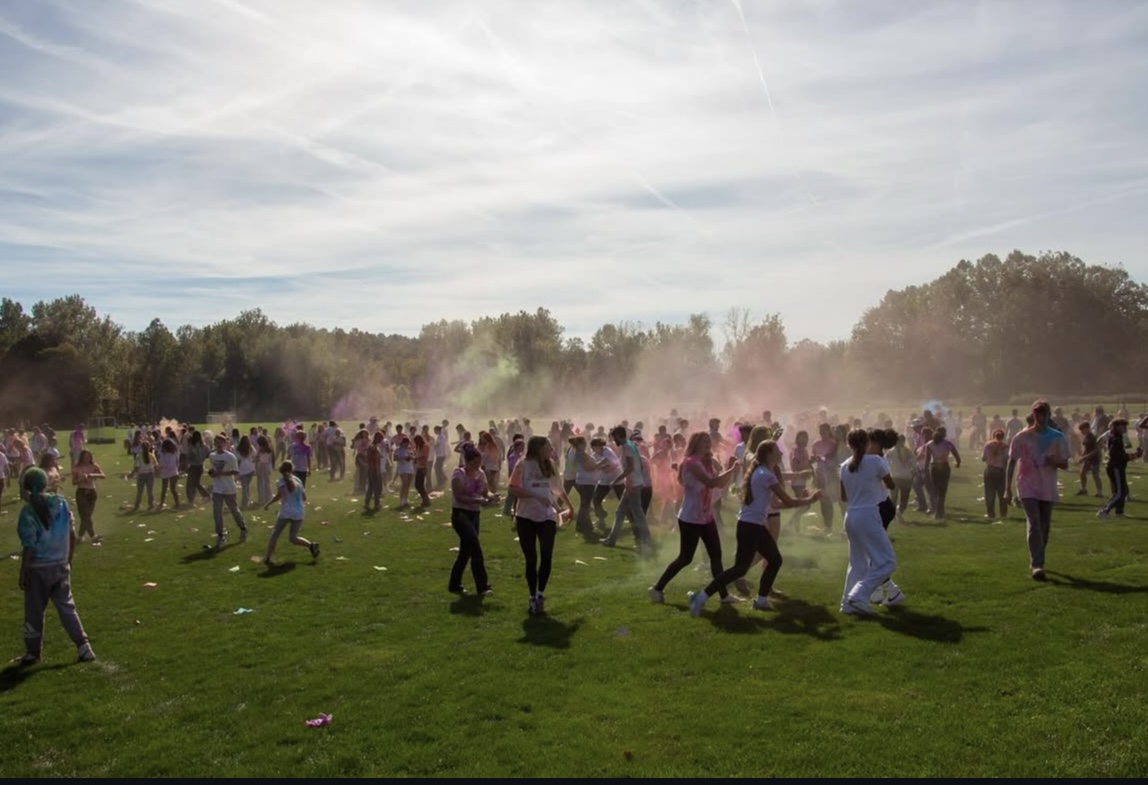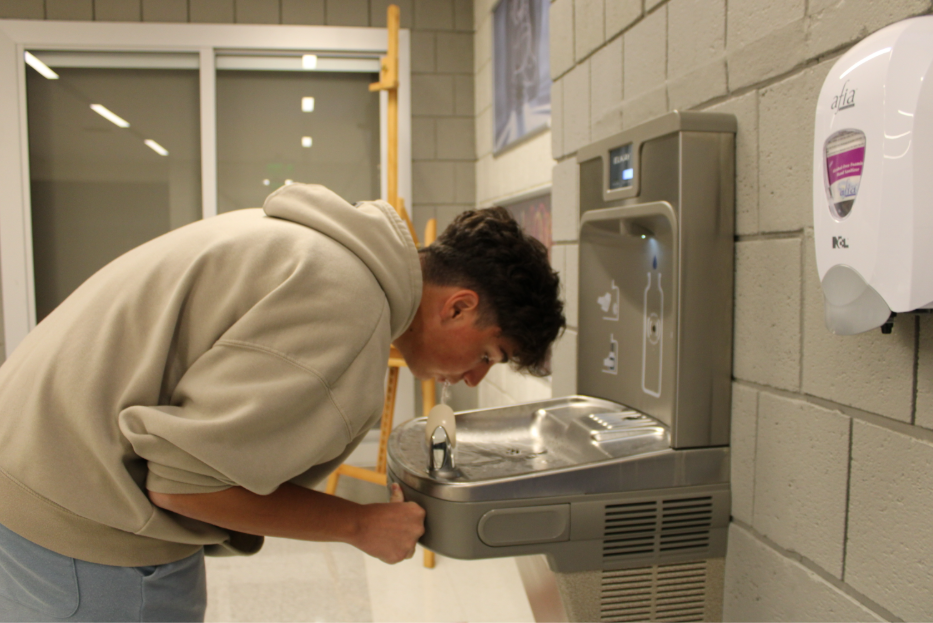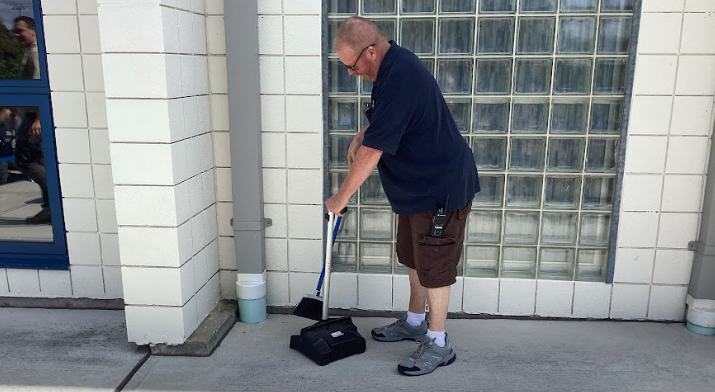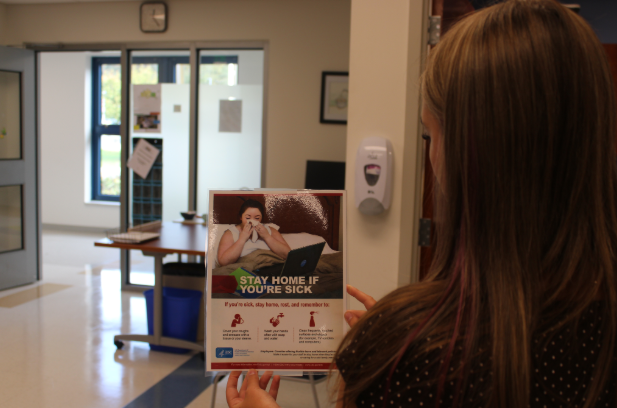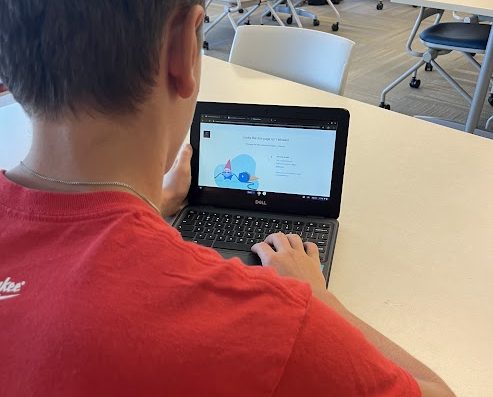WOODBURY — Spring opens up many opportunities for upperclassmen preparing for post-secondary life. April and May are the months for many tests at Nonnewaug, such as the SAT, AP, and now, the Seal of Biliteracy.
The Seal of Biliteracy is a great opportunity for students who have been taking a language throughout middle and high school, or for those who speak a language at home that isn’t offered at NHS.
Some of the languages offered on the test are Arabic, Chinese, Japanese, Korean, and much more. Students can earn the Seal of Biliteracy in courses also offered at NHS.
The test will be proctored by Spanish teacher Matthew Greaves and literacy coach Darcy Lockwood; it began in April and is still in progress.
If a student passes the test, the seal will be on the student’s diploma and they will be able to put it on their college transcript. The seal also looks great to job applicants as it shows their proficiency in another language.
“If you earn the Seal of biliteracy, you can say to your colleges and future employers that you’re bilingual,” Lockwood says. “You can use your skills to have a special job, or different privileges.”
As appealing as the seal may be, many upperclassmen don’t realize how difficult the testing may be. Only a small percentage of kids taking the test will end up earning the seal, making it beneficial for those who have taken either ECE or AP classes at NHS, as they’ve learned the advanced skills needed to achieve it.
“It’s very difficult to achieve the seal. If you’re a student who’s in AP or ECE for world language, you should definitely attempt it, and if you happen to be someone who’s speaking another language at home, you should definitely try to pursue it,” Lockwood says. “About 10 people pass each year. We had 13 students pass last year and more students are taking it this year.”
Overall, the test has many upsides for students who are learning a language. Matthew Greaves, the World Language Department chairman, believes it’s a testament to one’s abilities.
“I think that earning the Seal of Biliteracy is a way to recognize a student’s achievement in language study from an objective and outside scoring body,” Greaves says. “ These tests are accepted all over the world and it is a testament to one’s language proficiencies.”
Students are aware of the advantages of the seal and are looking forward to testing their abilities. Alisa Samodelko is a sophomore at NHS who is anticipating the Seal of Biliteracy for Russian.
“I’d say I’m excited to take the Seal of Biliteracy because I know it’ll benefit me in the future when I get a job or if I go to college,” Samodelko says. “I can showcase my skills in Russian, which isn’t offered at Nonnewaug, so it will look unique.”
While the Seal testing may be rigorous, the benefits massively outweigh the demands of the assessment. It’s completely optional, and it can be retaken at a later time. For those in AP language classes, the seal and AP credits are recognized nationally.
“Every college will recognize the Seal of Biliteracy, but if you were applying to a college that doesn’t offer any AP credits, the seal will still look really good,” Lockwood says. “Whatever you can do to prove you are multilingual is best.”



